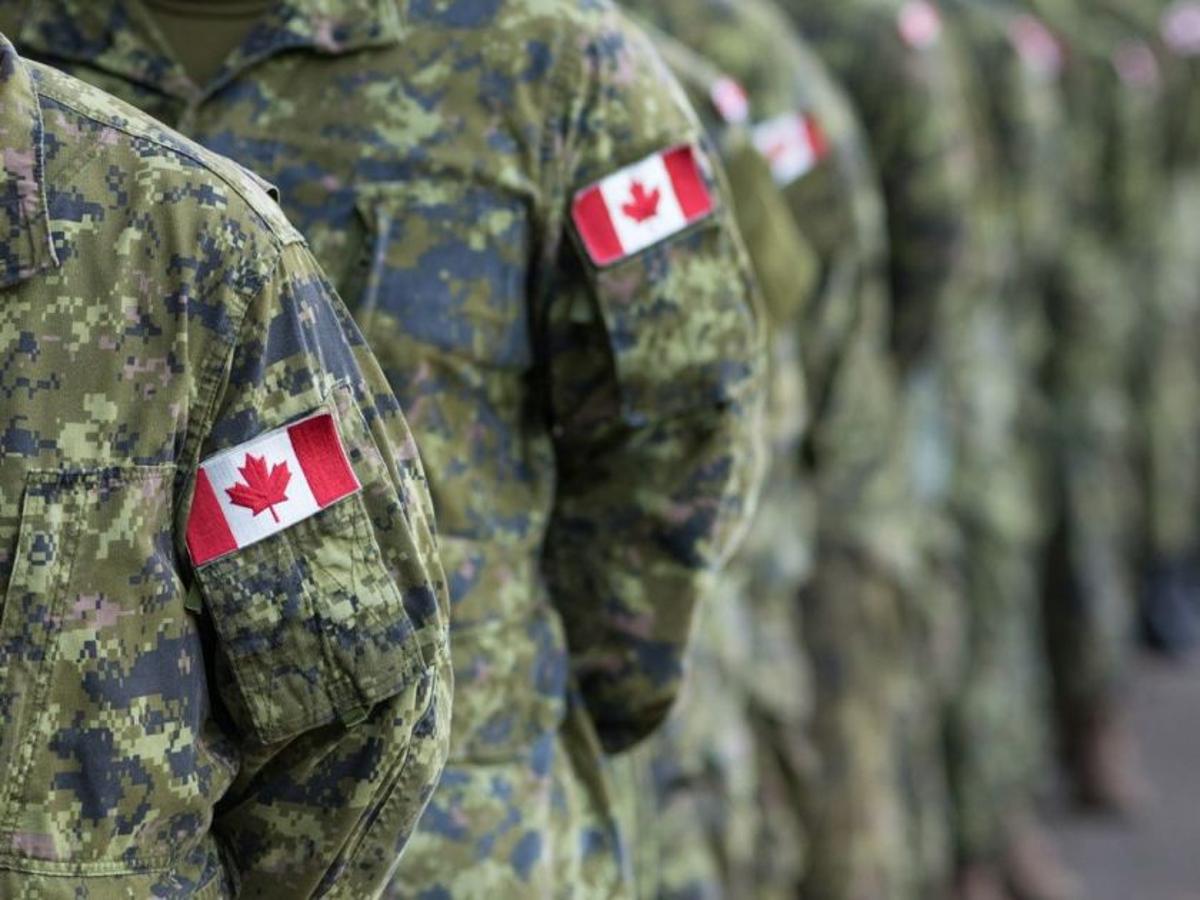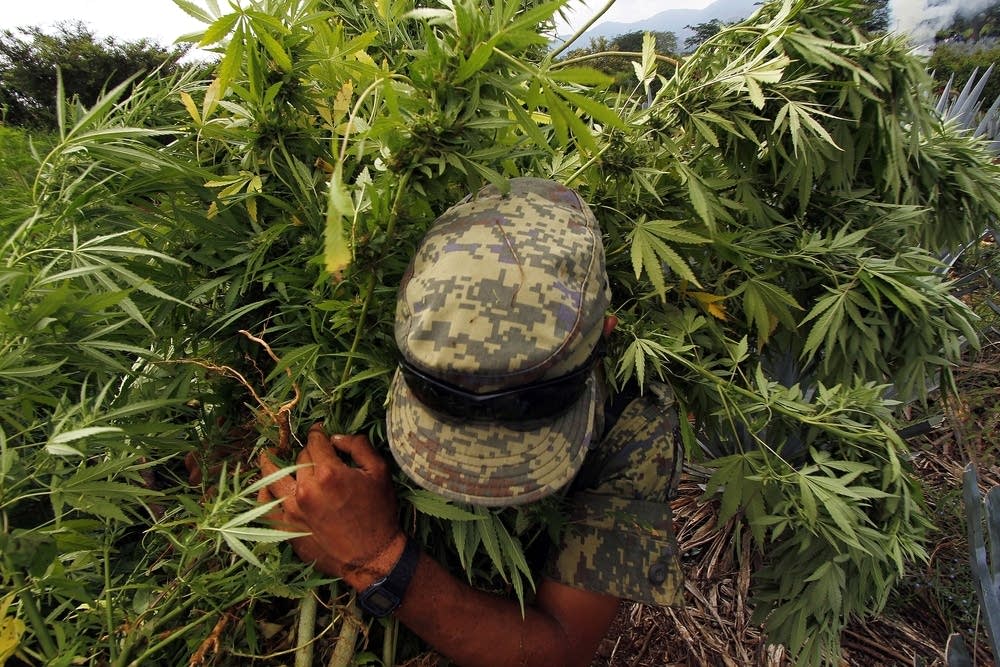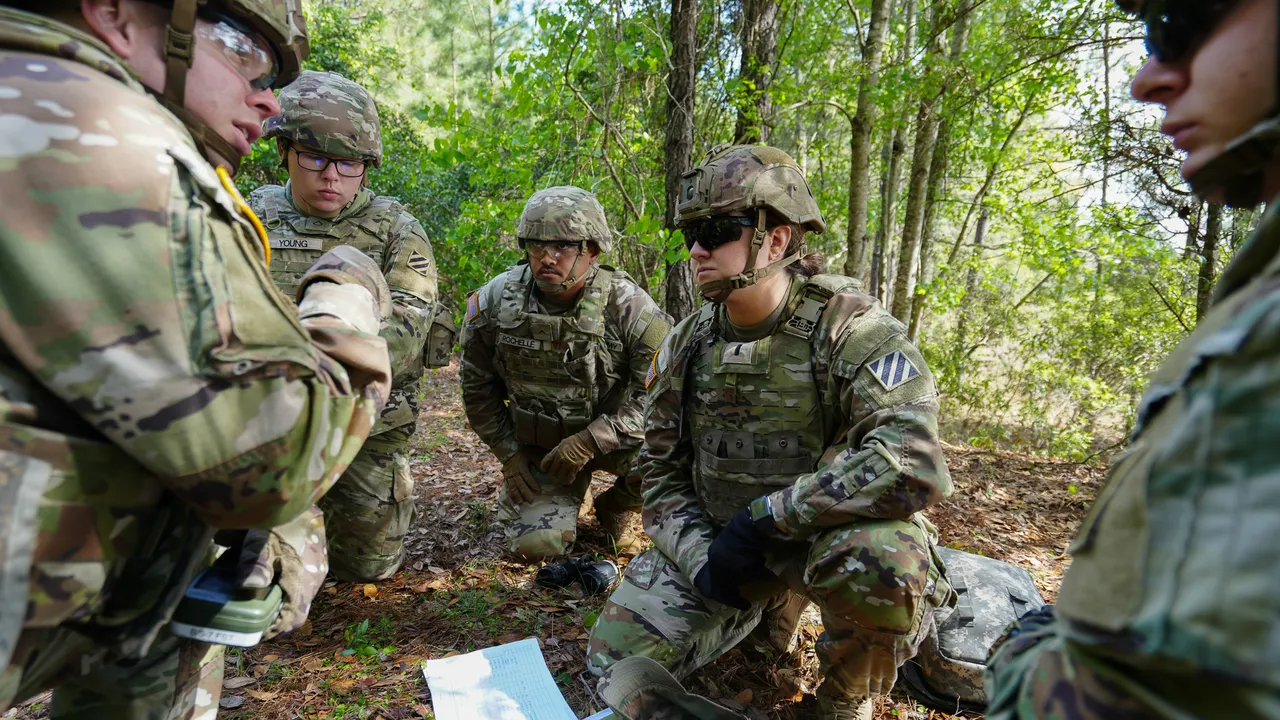Cannabis
Cannabis Use in the Military
Over the past few years, there has been a growing discussion about the role of cannabis in the military. Lawmakers are now proposing amendments to the National Defense Authorization Act (NDAA) to address the issue. This article will explore the changing landscape of cannabis use in the military, the proposed amendments, and the potential impact on recruitment and justice within the armed forces.
The Recruitment Crisis and Proposed Amendments
The military has been facing a recruitment crisis, prompting lawmakers to propose amendments to relax guidelines surrounding marijuana use for military members. Conservative firebrand Matt Gaetz introduced an amendment to the NDAA that would end cannabis testing for military members.
Gaetz argues that prior use of cannabis should not exclude Americans from enlisting in the armed forces, especially considering that medical use of marijuana is legal in 38 states and the District of Columbia.
Other lawmakers have also proposed amendments to the NDAA to loosen the military’s rules on marijuana use. The Congressional Cannabis Caucus proposed an amendment that would allow doctors from the Department of Veterans Affairs to recommend cannabis as a treatment to patients in states where it is legal for medical use.
This amendment has bipartisan support and aims to provide veterans with additional treatment options for conditions such as addiction and chronic pain.
Addressing Disparities in Punishments
Another proposed bill, the Restoring Equity For Offenses Related to Marijuana (REFORM) Act, seeks to address the punishment disparities between marijuana and alcohol use in the military.
The bill would amend the Uniform Code of Military Justice (UCMJ) to align cannabis- and alcohol-related penalties more closely. The penalty for “wrongful use of marijuana” would not exceed that for being “drunk on duty,” and the penalty for “wrongful possession of marijuana” would not exceed that for “incapacitation for duty from drunkenness or drug use.”
This bill aims to ensure that the punishment for marijuana use or possession is proportional to the punishment for alcohol-related offenses. Currently, the punishment for wrongful possession of up to 30 grams of cannabis can result in dishonorable discharge, forfeiture of all pay and allowances, and confinement for two years.
In contrast, being drunk on duty carries a maximum penalty of a bad conduct discharge, forfeiture of allowances and pay, and confinement of up to nine months. The REFORM Act seeks to reduce the disparity in punishments for these offenses.
Racial Disparities and Equity
Apart from addressing punishment disparities, the REFORM Act also aims to address racial disparities in cannabis prosecutions within the military.
Rep. Anthony Brown, the sponsor of the bill, argues that black servicemembers are disproportionately investigated and punished for drug-related offenses.
By amending the UCMJ and ensuring equal treatment under the law, the bill seeks to promote equity and justice for all servicemembers.
Reporting Requirements and Transparency
In addition to the proposed amendments, the bill also includes provisions for increased transparency and reporting within the military branches. It would require the military branches to annually report to congressional defense committees about drug testing and evaluation programs.
These reports would include information about the number of drug tests administered, the number of positive tests disaggregated by statistical category and substance, and the resulting punishments for positive tests. The reports would also analyze any disparities among race, gender, ethnicity, and military installation.
Cannabis Use Policies in the Military
While cannabis is legal in some form in the majority of states across the U.S. The military has remained strict in its policies regarding cannabis use. Various branches of the military have put out notices over the years to make it clear that cannabis. Including, hemp-based products, is off-limits for service members, regardless of its legal status under state or federal law.
In 2019, the Department of Defense (DOD) announced a policy barring all active and reserve service members from using hemp products, including CBD. The Air Force and Navy have also issued notices warning against the use of CBD and hemp products. The strict policies reflect the military’s concerns about THC turning up in CBD products and causing failed drug tests.
Public Opinion and Future Outlook

Public opinion regarding cannabis use in the military is evolving. As more states legalize marijuana for medical and recreational use, the discrepancy between civilian and military policies becomes more apparent. However, some argue that relaxing cannabis guidelines could help with recruitment efforts. As well as, expressing concerns about the potential impact on readiness and discipline within the armed forces.
The proposed amendments and the REFORM Act reflect a growing recognition of the need for equity and fairness. Especially, within the military justice system. By aligning penalties for cannabis use with those for alcohol-related offenses. Lawmakers aim to create a more just and proportional system. Additionally, increased transparency and reporting requirements can help identify and address any disparities in drug testing and punishments.
In conclusion, the landscape of cannabis use in the military is undergoing significant changes. Proposed amendments to the NDAA and the REFORM Act seek to address the recruitment crisis.
Punishment disparities, racial inequities, and transparency within the armed forces. These proposed changes reflect the evolving attitudes towards cannabis and the pursuit of justice and fairness for all servicemembers. The outcome of these proposals will shape the future of cannabis policies within the military. Following impact recruitment, retention, and the overall well-being of military personnel.
Additional Information
- The proposed amendments and the REFORM Act have bipartisan support. Reflecting the growing consensus on the need for change in cannabis policies within the military.
- The REFORM Act also includes provisions to allow military branches to grant reenlistment waivers to service members. Those who have committed a single low-level marijuana offense.
- The U.S. Department of Veterans Affairs has faced criticism for its stance on cannabis issues, including its reluctance to provide support for treatment involving marijuana.
- Joint hearings held by House and Senate committees have highlighted the need to ease restrictions on medical marijuana access for veterans.
- As well as, ensuring that VA doctors can discuss and recommend cannabis treatments.
- The changing landscape of cannabis policies in the military reflects broader societal shifts towards the acceptance and legalization of marijuana.


